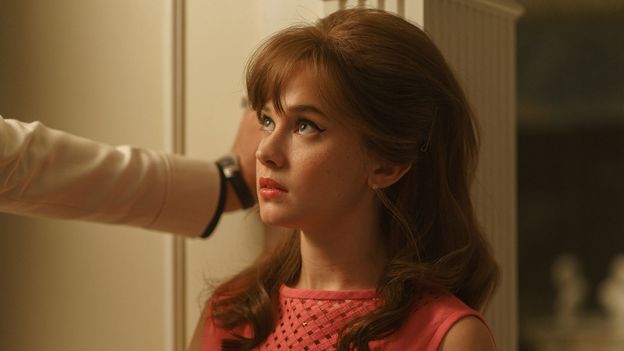“Is this an act of grooming,” asks Richard Lawson in Vanity Fair. “Priscilla does not really editorialise on that, instead calmly showing true events as they happened (or in some version of how they happened) and letting the audience make assessments.” On the other hand, Tara McNamara at Common Sense Media has no doubts. “While it’s perhaps not the breast-thumper of female empowerment that some women (at least this one) might have been hoping for, Priscilla is an unvarnished primer for what grooming looks like.”
Neither assessment suggests that the film contains the “shockingly vengeful and contemptuous” caricature that Lisa-Marie was afraid of. Personally, when I first saw it, I felt that it was too soft on Elvis; another critic I spoke to – a lifelong Elvis fan – felt that it was too tough on him. The disparity in our reactions, much like the reactions of Priscilla and Lisa-Marie to the screenplay, could be taken as evidence that Coppola got the balance just right.
“I hope that when you see the final film you will feel differently,” she wrote in an email to Lisa-Marie, “and understand I’m taking great care in honouring your mother, while also presenting your father with sensitivity and complexity.” The tragedy is that Lisa-Marie never got to see the final film, after all.
If you liked this story, sign up for The Essential List newsletter – a handpicked selection of features, videos and can’t-miss news delivered to your inbox every Friday.
If you would like to comment on this story or anything else you have seen on BBC Culture, head over to our Facebook page or message us on Twitter.
Source link
credite

